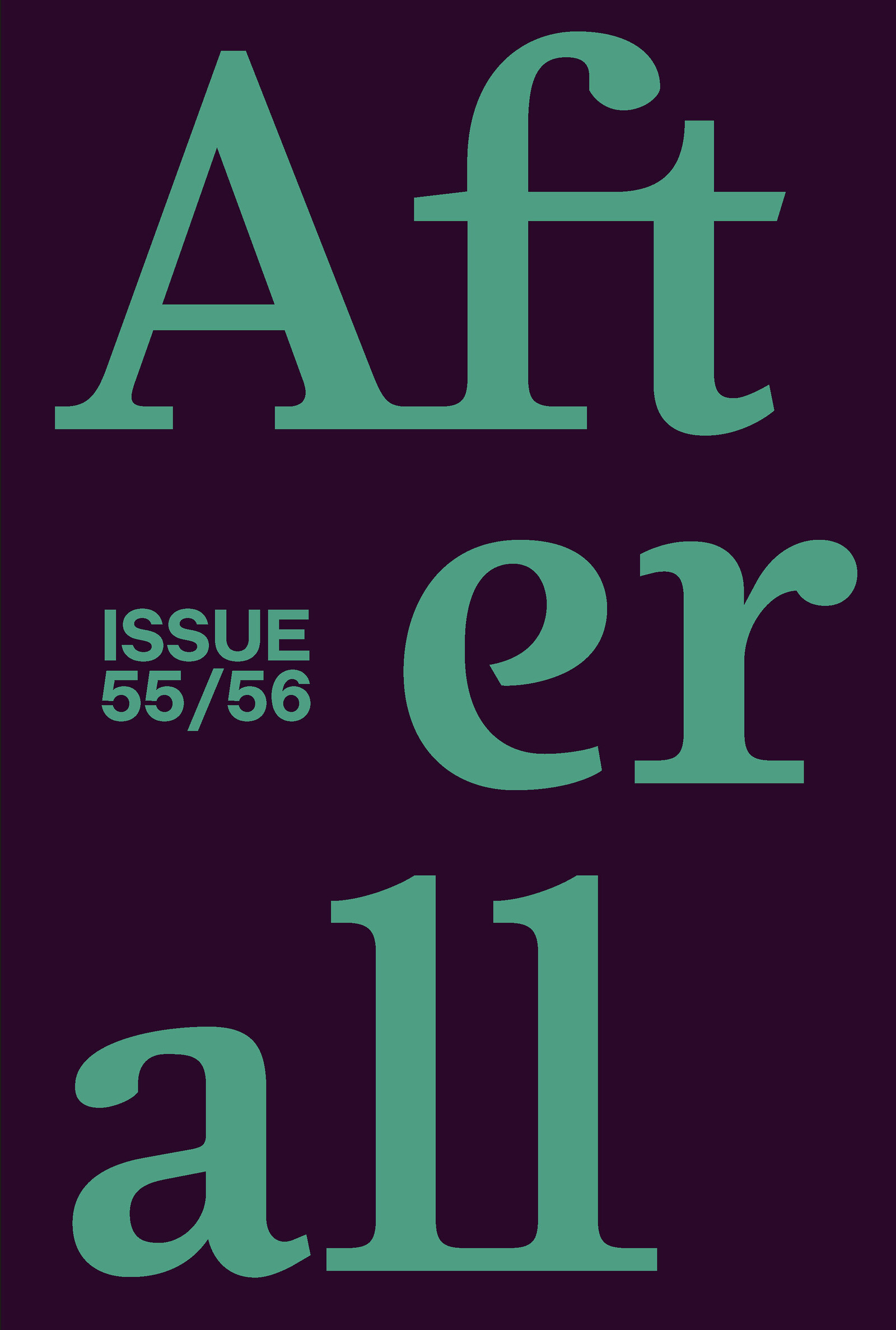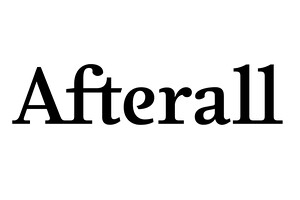Today, in mainstream art media, there is no shortage of artists from the Global South and whose practice engages Decolonial ideas. As a non-profit platform, operating between the art world and academia, what distinguishes us and what our hybridity, our non-compliance to standards and standardisation, our preference for heterodoxy, enable us, is to maintain a distinct approach and a singular position. Participating in different spheres of artistic and cultural discourse without fully belonging to any, disciplinary border-crossing, exiles, real and epistemological. To some extent, all things considered, it is a position similar to Edward Said’s, encapsulated in the title of his memoir—Out of Place.
This out of placeness is perhaps also a condition for the love of all places and for the recognition of differences to shape our common world. Editorially, this translates as a concern and attention to artists, works and discourses inviting us to complicate and reflect on our understanding of artistic pluralism, and a drive to rethink the transnational beyond Euro-American centrism. In this regard, several contributions in this double issue feature artists and thinkers active in Brazil and the Democratic Republic of the Congo, for whom we wish Afterall to be a shared platform and with whom critical reflections on histories repressed by Western rationality as well as new imaginaries can be articulated. With the many other localities discussed and practices represented here, it is our hope that this issue will contribute to shape, in Said’s words, “a rich fabric of some sort, which no one can fully comprehend, and no one can fully own”.
Issue 55–56 features Filipa Ramos and Nav Haq on Jonathas de Andrade, Elvira Espejo Ayca on the Mutual Nurturing of the Arts, Lorraine Leu and Jareh Das on Rosana Paulino, Charles Stankievech on Clarice Lispector and Lygia Clark, Hyunjin Kim and Chloe Ting on Lotus L. Kang, Corina L. Apostol on the Coloniality of Botanical Entanglements, Felix Kalmenson on the Gutta-Percha Trade, Artist Inserts by Marwa Arsanios, and Sinzo Aanza, Maxa Zoller on the Habib Gorghi Workshop, Melissa Gronlund on Feryal Matar, Mi You on Ashkat Akhmedyarov, Baudouin Bikoko on Congolese Photography, Célestin Badibanga ne Mwine on the Emergence of a New Congolese Art, Lotte Arndt on the 7th Lubumbashi Biennale, Ailton Krenak on Ideas to Postpone the End of the World, Interview with Richard Mosse, Ala Roushan and Charles Stankievech on Shaping Atmospheres, Stephanie Bailey on Sin Wai Kin.
On the occasion of the publication of this issue, we have made “Settlement: Rosana Paulino and Black Women’s Insubordinate Geohistories” by Lorraine Leu, “Working with the Lack: A conversation with Lotus L. Kang” by Chloe Ting, “Applied Art? Feryal Matar and Art Education at the Sharjah Women’s Association” by Melissa Gronlund, “Emergence of a New Congolese Art” by Célestin Badibanga Ne Mwine, and “Melek—Mashaa’” by Marwa Arsanios freely available on our website.
Afterall journal is published by Central Saint Martins, London, in editorial partnership with M HKA, Antwerp; the John H. Daniels Faculty of Architecture, Landscape and Design, University of Toronto, and in association with the University of Chicago Press.
Afterall is now available as an e-book edition, free to download for subscribers. Subscribe here.



